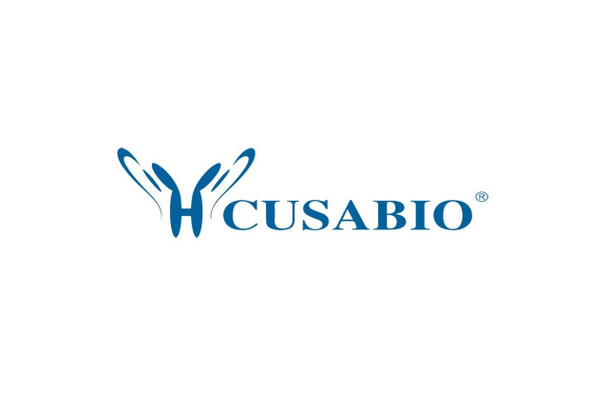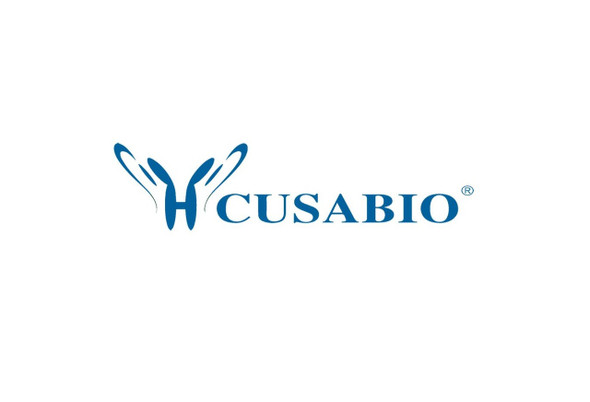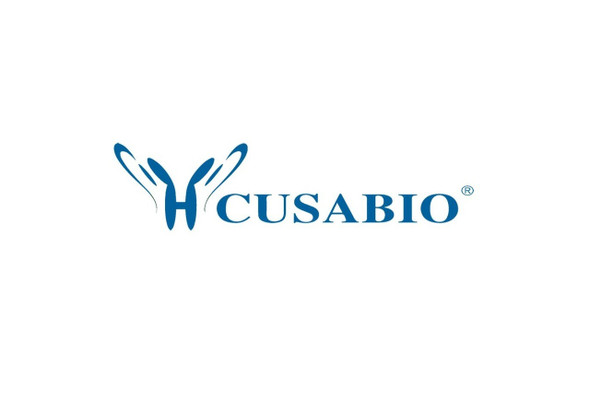Cusabio Polyclonal Antibodies
GNRH1 Antibody | CSB-PA199057
- SKU:
- CSB-PA199057
- Availability:
- 3 to 7 Working Days
Description
GNRH1 Antibody | CSB-PA199057 | Cusabio
GNRH1 Antibody is Available at Gentaur Genprice with the fastest delivery.
Online Order Payment is possible or send quotation to info@gentaur.com.
Product Type: Polyclonal Antibody
Target Names: GNRH1
Aliases: gonadotropin-releasing hormone 1 (luteinizing-releasing hormone)
Background: The protein encoded by this gene is secreted and then cleaved to form the 10 aa luteinizing hormone-releasing hormone (LHRH, also known as gonadoliberin-1), and prolactin release-inhibiting factor (also known as GnRH-associated peptide 1) . LHRH stimulates the release of luteinizing and follicle stimulating hormones, which are important for reproduction. Mutation in this gene are associated with hypogonadotropic hypogonadism. Alternatively spliced transcript variants have been described for this gene.
Isotype: IgG
Conjugate: Non-conjugated
Clonality: Polyclonal
Uniport ID: P01148
Host Species: Rabbit
Species Reactivity: Human
Immunogen: Fusion protein of human GNRH1
Immunogen Species: Human
Applications: ELISA, IHC
Tested Applications: ELISA, IHC;ELISA:1:2000-1:10000, IHC:1:100-1:300
Purification Method: Antigen affinity purification
Dilution Ratio1: ELISA:1:2000-1:10000
Dilution Ratio2: IHC:1:100-1:300
Dilution Ratio3:
Dilution Ratio4:
Dilution Ratio5:
Dilution Ratio6:
Buffer: -20°C, pH7.4 PBS, 0.05% NaN3, 40% Glycerol
Form: Liquid
Storage: Upon receipt, store at -20°C or -80°C. Avoid repeated freeze.
Initial Research Areas: Signal Transduction
Research Areas: Developmental biology;Signal transduction











